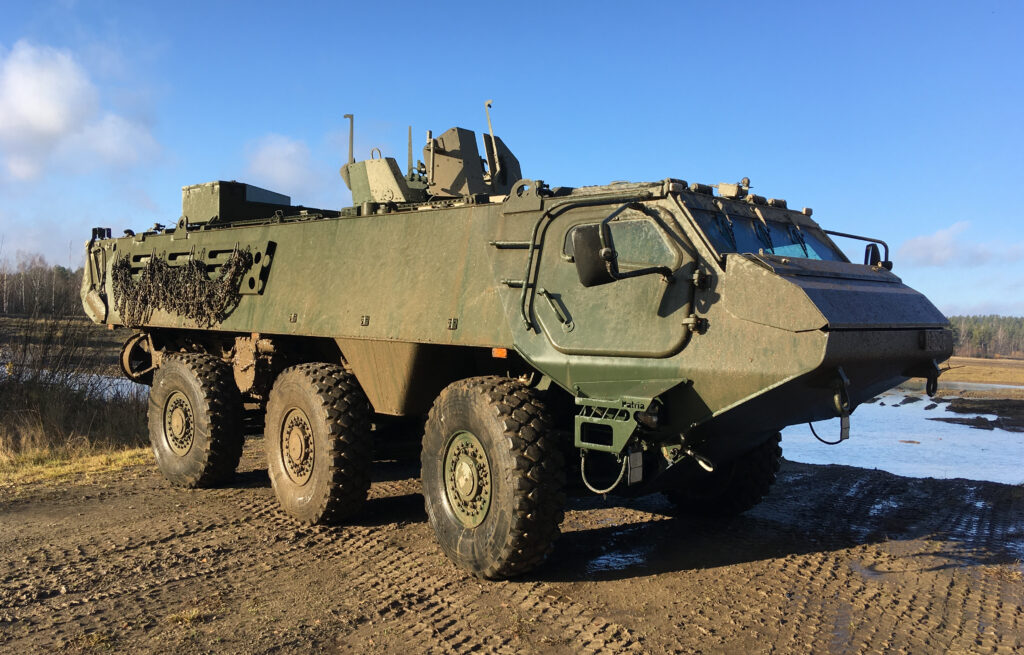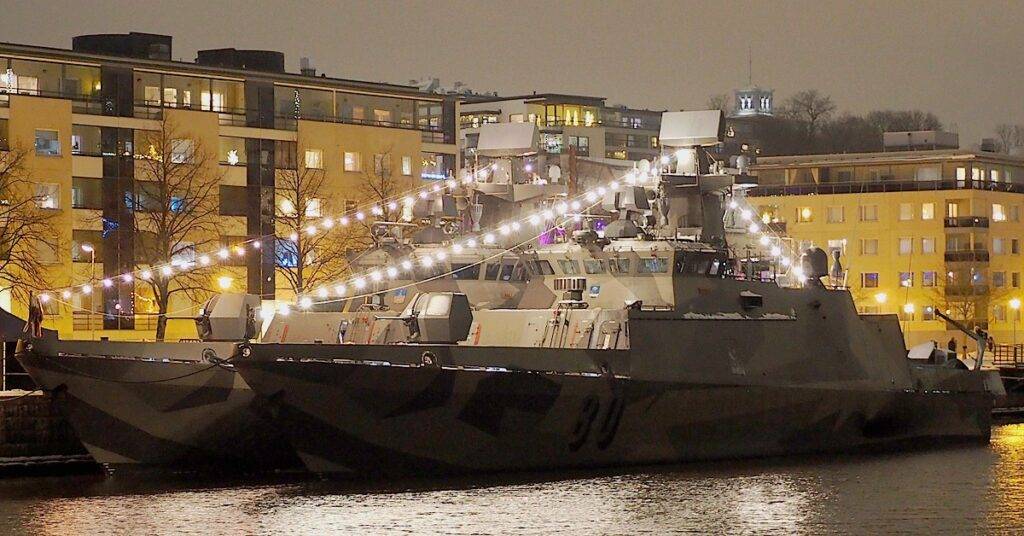FINLAND still has to learn how to take advantage of the opportunities that NATO membership brings to the defence industry: understanding NATO’s procurement practices. Also, network more broadly internationally is needed. Also, investors have started to take an interest in the Finnish defence industry, noted Tuija Karanko, Secretary General of the Defence and Aerospace Industries Association PIA ry.
In an interview with Helsingin Sanomat, Tuija Karanko, Secretary General of the Defence and Aerospace Industries Association PIA ry, highlights the challenges and opportunities faced by Finland’s defence industry in the wake of its recent NATO membership.
Finland to capitalize on the significant changes NATO membership promises. While already benefiting from increased international interest, Karanko notes the importance of understanding NATO’s procurement practices to maximize potential.
NATO Membership Boosts Sales
“Finland has plenty to learn in leveraging the alliance’s prospects,” Karanko told Helsingin Sanomat. Her election as the first vice-chairman of the NATO Industry Advisory Group (NIAG) marks a pivotal moment for Finland, presenting an opportunity to influence and integrate with NATO’s civilian structure and procurement discussions more effectively. The ongoing war in Ukraine underscores the defence industry’s role, escalating production demands. Finland’s NATO accession has been advantageous, Karanko stated, leading to a 19 percent growth in new orders for arms manufacturer Patria last year alone. However, the broader European struggle to ramp up defence production remains a concern, particularly considering unmet commitments to Ukraine.
Investors Have Found Defence Industry
Investor interest is a newfound positive, shifting from private inquiries to potentially larger institutional investments. The changing tides could see increased funding if the European Investment Bank’s rules are amended to finance the arms industry, a Finnish initiative that has garnered EU-wide backing.
Karanko, however, remains cautious, advocating for a strategic balance between sourcing for performance and adhering to ethical investment standards under ESG principles. With a critical eye on new EU defence structures, she questions potential duplications with NATO functions and whether future EU procurements can realistically adhere to the goal of sourcing 50 percent internally by 2030.
Influencing NATO Strategy
The crux, Karanko asserts to Helsingin Sanomat, is not just the financial influx but also establishing trust and a willingness to adapt to the evolving defence landscape. The production of the defence industry in Europe is finally being accelerated by the EU Commission’s recently released first defence industry strategy and the associated program. Her dual role as a national representative and industry expert situates her at the nexus of Finland’s defence strategy, navigating through an era where technological prowess and ethical considerations must align in the realm of global security.
Karanko’s insights set the stage for a Finland that must not only assimilate into NATO’s frameworks but also influence them, ensuring that the nation fully harnesses the alliance’s potential for its security and industry.
Read More:
- Helsingin Sanomat: Natoon näköalapaikalle nouseva Tuija Karanko kertoo, mitä Suomella on yhä opittavanaan liittokunnan mahdollisuuksista (in Finnish)



